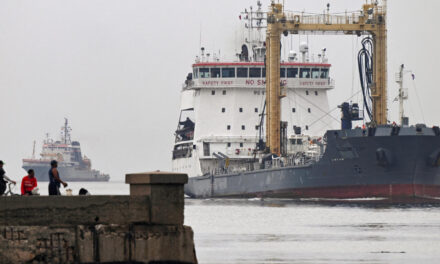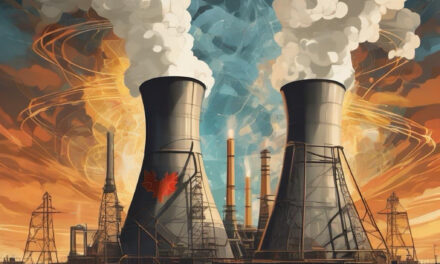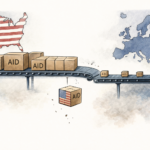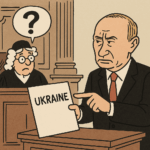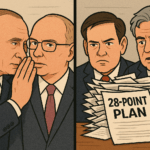Summary
Belgium blocks Russian assets and each month Europe debates how to use them for Ukraine, the pot gets smaller. Interest income on the sanctioned funds peaked last year and now declines as central banks cut rates. The result is simple: delay drains cash that could otherwise support Ukraine’s defense and economy.
Why Belgium stalled the plan
At the October summit, Belgium stopped an EU mechanism that would route windfall profits from frozen Russian assets directly to Ukraine through a collective loan framework. Brussels argues it needs transparency about assets held in other member states, legally binding risk-sharing, and an airtight legal basis. Those demands sound technical, yet they preserve national control over a uniquely Belgian lever: Euroclear.
Follow the money—and the leverage
Euroclear, based in Brussels, safekeeps the lion’s share of Europe’s frozen Russian holdings—about €193 billion out of a total book of roughly €227 billion. As rates rose in 2023–2024, the idle cash produced large “windfall profits,” which Belgium taxed. In 2024 alone, the Belgian state collected about €1.7 billion in corporate tax from those earnings. Belgian leaders note they fund Ukraine with that revenue. But under the EU loan design, profits would flow straight to Ukraine, curbing Belgium’s discretion over timing, amounts, and political messaging. In short, Belgium would lose both revenue and leverage.
Falling rates, falling revenue
The macro picture now works against Ukraine. Interest earnings surged from €821 million in 2022 to €4.4 billion in 2023 and €6.9 billion in 2024. In 2025, with European rate cuts, Euroclear reported €3.9 billion through September, pointing to a markedly lower full-year total. Meanwhile, Ukraine’s needs far exceed this shrinking stream; expert estimates put annual requirements at $100–150 billion. The G7’s $50 billion loan anchored to windfall profits helps, but as rates decline, so does the collateral.
Control versus collective action
Because Euroclear holds roughly 86% of Europe’s frozen Russian assets, Belgium’s veto can stall the entire plan. That exposes a structural weakness: when unanimity rules, any member can hold 26 others—and Ukraine—hostage to domestic priorities. Belgium’s shareholding in Euroclear (about 12.92% via state and local institutions) only deepens the incentive to protect a valuable fiscal and political tool.
What must happen next
Europe must reconcile legal risk, burden-sharing, and transparency without letting the clock kill the value. A credible mechanism should guarantee common backing, publish an audited inventory of assets across capitals, and set automatic transfers so revenue cannot be politicized. Otherwise, by the time Europe agrees, there may be little left to use.




